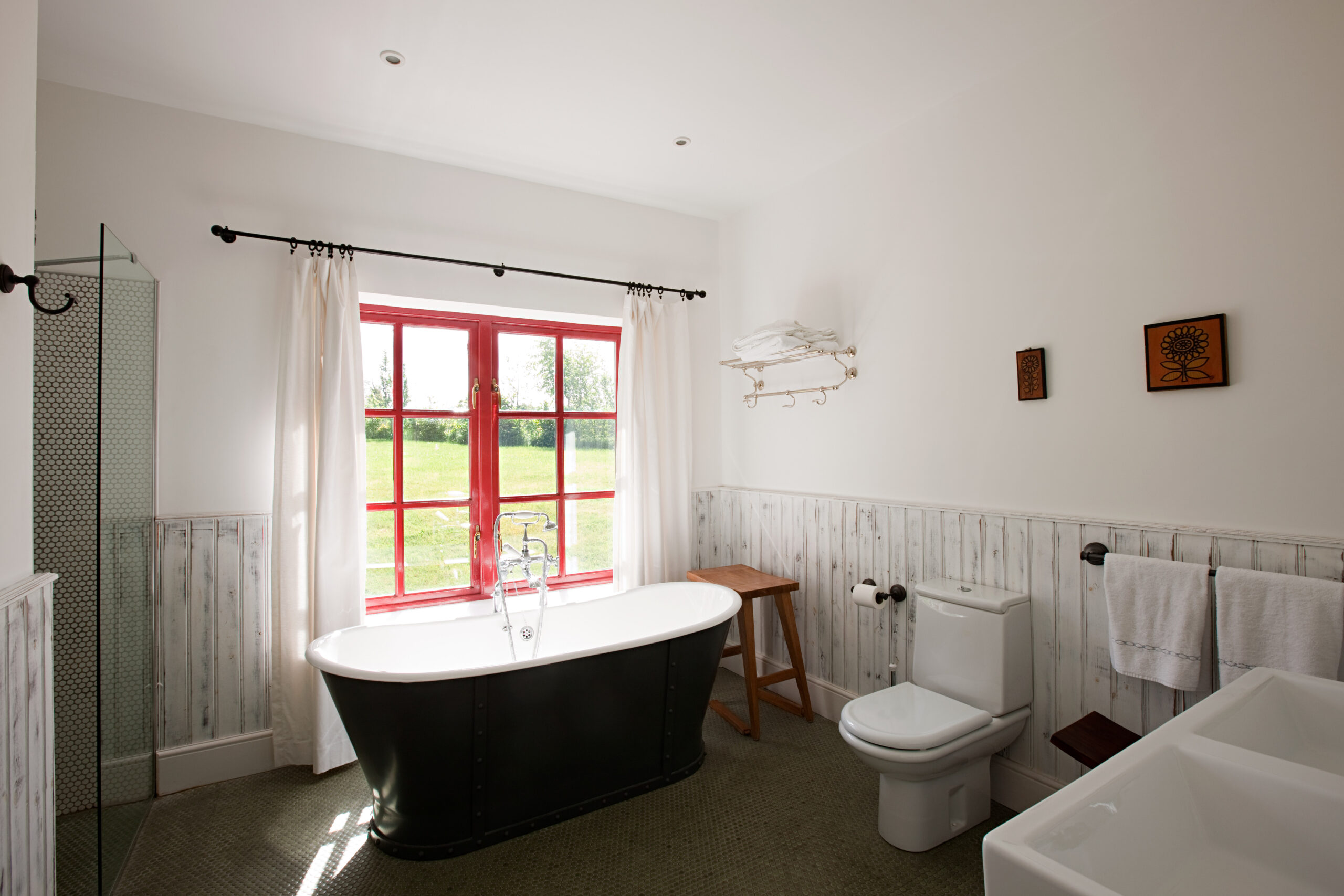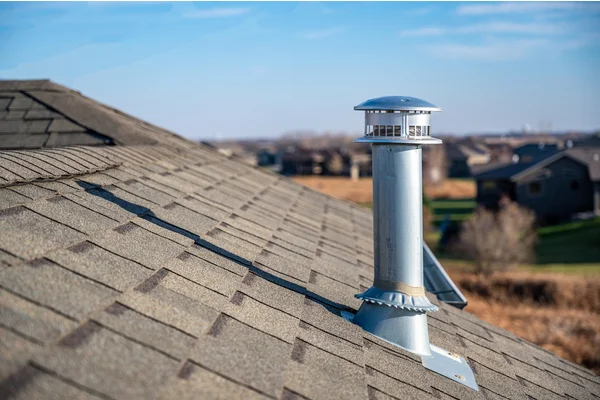
Have you ever walked into your bathroom and been greeted by an unexpected and unpleasant smell reminiscent of sewage? Your bathroom, a place of sanctuary and cleanliness, is the last place you’d want to smell anything foul. Understanding the reasons behind these odors is the first step to banishing them for good.
In this article, we’ll take you through a comprehensive exploration of the possible reasons, diving deep into the technical aspects of plumbing, ventilation, and even the architecture of your home. Let’s turn the air fresh again!
The Basics of Bathroom Plumbing

Understanding your bathroom’s plumbing can be instrumental in diagnosing issues. Here’s a more detailed look:
- Toilet Systems: At the heart of your bathroom lies the toilet. When you flush, waste and water travel through a curved trapway in the toilet bowl and out through the waste outlet. The s-shape of the trapway is intentional—it retains some water after each flush, creating a barrier against gaseous backflow from the sewer line.
- Sink and Shower Drains: These components also rely on a similar mechanism. They are fitted with traps (often U-shaped or P-shaped) beneath or within the floor, which retain a small amount of water, blocking sewer gases from rising. Over time, debris can accumulate in these traps, leading to blockages and consequently, odors.
- Vent Pipes: These vertical pipes play a vital role. They regulate air pressure in the drainage system, ensuring water flows smoothly. They also serve as outlets for any unwanted sewer gas, releasing it above the house where it dissipates harmlessly.
Common Reasons for Sewage Smells

- Dry Traps: Especially in bathrooms that aren’t used regularly, the water barrier can evaporate. Without this barrier, there’s nothing to prevent gases from wafting back up. Simply running water can refill the trap, restoring its function.
- Blocked Vent Pipes: Birds nesting, accumulation of leaves, or even snow can clog vent pipes. When blocked, they can’t regulate air pressure efficiently, or release gases, which may then be forced back into the bathroom.
- Cracked Sewer Line: Over the years, ground movement, tree root intrusion, or even the deterioration of old pipes can result in cracks or breaks. When these occur close to the home, it’s almost like having an open sewer nearby.
- Worn-out Wax Ring: This wax seal, while small, has a crucial job. If it deteriorates, not only can water leak out, but gases can come in.
- Biofilm Build-up: Over time, a slimy bacterial layer called biofilm can form in pipes. This bacteria can produce foul-smelling gases, especially when it reacts with waste and soap.
The Importance of Proper Ventilation

A well-ventilated bathroom prevents multiple problems:
- Reduced Mold and Mildew: Mold and mildew thrive in damp, stagnant environments. A well-ventilated bathroom ensures moisture is expelled, reducing mold growth chances.
- Prevention of Stagnant Air: Fresh air circulation ensures any minor odors don’t linger and accumulate.
- Limiting Backdraft: Good ventilation can reduce the risk of sewer gas being sucked back into the bathroom, especially during the flushing process.
Quick Fixes and Long-term Solutions
- Clean Drains Regularly: Using a mixture of baking soda and vinegar can help dissolve minor blockages and biofilm.
- Check for Visible Damage: Periodically inspect visible pipes for signs of damage or wear.
- Vent Pipe Maintenance: Consider adding mesh guards to prevent birds and debris from entering.
- Professional Inspection: Regularly have a professional like Paschal evaluate your plumbing system, especially if you have an older home or have had past issues.
FAQ: Bathroom Odor Queries
- Q: How can I differentiate between mold and sewage smell? A: Sewage gas often smells like rotten eggs, while mold has a musty, damp odor. Both are unwanted, but their distinct scents can guide your next steps.
- Q: Can clogged drains lead to a sewage smell? A: Yes, blockages can prevent water from refreshing the trap, leading to dryness and gas entry.
- Q: I’ve noticed a smell after renovating my bathroom. Why? A: Renovations can sometimes disturb existing plumbing structures or even inadvertently cause blockages or disconnections.
Concluding Thoughts & Your Next Steps
Persistent odors in your bathroom are more than just a nuisance; they can signal deeper issues. Addressing them promptly ensures the health and integrity of your plumbing system.
Should you ever feel out of depth or if the problem persists, remember, professionals like Paschal Air, Plumbing & Electric are only a call away. Your peace of mind is our top priority.
[For a comprehensive plumbing health check or any concerns, schedule your next appointment with the Professionals at Paschal.]




